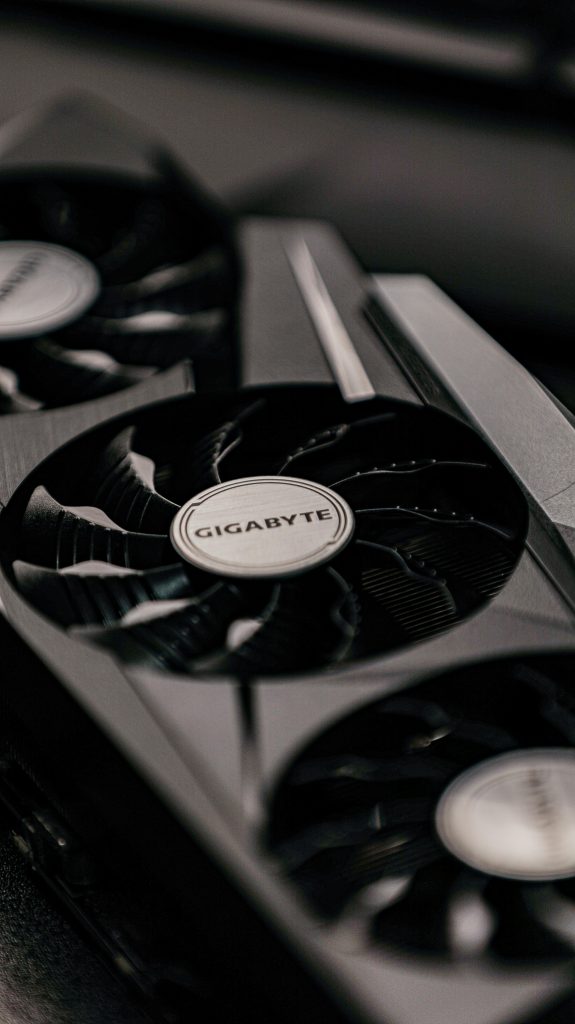Choosing the Right Home Office PC: Ryzen Mini PC vs. Xeon Build
In recent years, many professionals have relied on compact and efficient computing solutions for their home office setups. One such example is a MinisForum UM773 Lite, a mini PC equipped with an AMD Ryzen 7 7735HS processor, 32GB of DDR5 RAM, and the capability to support dual 4K monitors. This machine has comfortably handled everyday tasks such as email management, document editing, and occasional data analysis involving large datasets, as well as video editing projects.
However, recent curiosity about building an even more capable machine has led to an interesting experiment: assembling a home office PC centered around a Chinese-made server-grade motherboard and processor. This venture resulted in acquiring a second-hand Xeon E5-2690 v4, a 14-core, 28-thread processor, paired with 128GB of DDR4 RAM running at 2400MHz in quad-channel configuration, and equipped with TPM 2.0 for enhanced security. Although Secure Boot is yet to be enabled through BIOS adjustments, the hardware presents a compelling option.
The key considerations now are whether to transition this Xeon-based system into a primary work machine or to retain the existing Ryzen mini PC. Let’s evaluate the factors involved:
Performance and Core Count
While the Xeon E5-2690 v4 offers significantly more cores and threads, most everyday office tasks—such as document editing, browsing, and email—do not benefit substantially from high core counts. Conversely, tasks involving heavy data processing, large database manipulations, or multi-threaded applications could see notable improvements with the Xeon’s increased processing power.
Memory Capacity
One of the standout features of the Xeon build is its expansive 128GB of DDR4 RAM. This capacity is advantageous for handling large datasets, database management, and virtualization, making it a substantial upgrade over the 32GB on the Ryzen system for specific professional tasks.
Memory Speed and Per-Core Performance
Despite the high core count, the DDR4 memory speed of 2400MHz is relatively modest compared to the DDR5 memory in the Ryzen system, which can impact overall performance in tasks sensitive to memory bandwidth. Additionally, per-core performance is generally higher with the Ryzen 7 7735HS, which may translate into snappier response times in light workloads.
Graphics and Future Use
The current Xeon build may include a Radeon RX 6600
Share this content:



